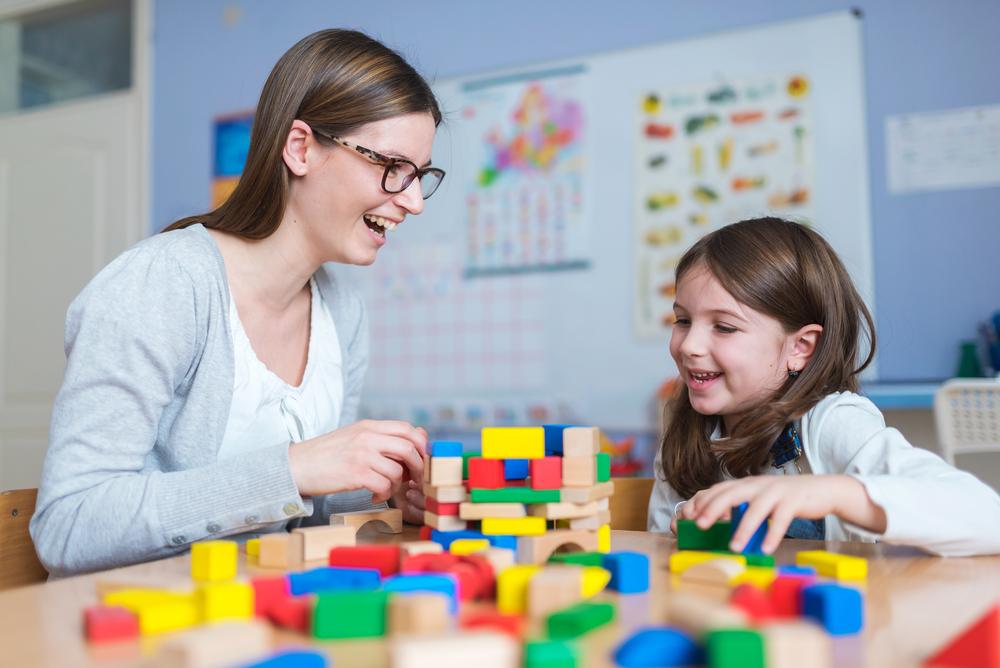Essential Skills Every Babysitter Must Master for Effective Child Care
Discover essential skills every babysitter should master, including building trust, patience, love, problem-solving, and creative engagement. This comprehensive guide provides tips to excel in childcare, ensuring children feel safe, loved, and entertained. Perfect for both aspiring and experienced babysitters, it emphasizes fostering positive relationships and handling challenges effectively for successful caregiving.

Babysitting is a responsible and rewarding role that requires a diverse set of skills to ensure the well-being, safety, and happiness of children. Successful babysitters are those who develop and hone key competencies that allow them to handle various situations confidently. From building trust and rapport with children to managing challenges efficiently, these skills are fundamental to excelling in the childcare profession.
If you're considering a babysitting job or are already engaged in this role, understanding and mastering these essential skills can make a significant difference in your effectiveness and the child's overall experience. Let's delve into the critical abilities every babysitter should cultivate to provide the best possible care.
1. Building Trust Through Affection and Approachability
One of the foremost qualities of an excellent babysitter is the ability to foster a trusting relationship with children. Children are naturally cautious around unfamiliar adults, especially in a caregiving setting. Demonstrating love, friendliness, and genuine interest helps children feel safe and secure, which is essential for effective caregiving.
Approachability plays a vital role in establishing rapport. Smiling, maintaining eye contact, and engaging in warm interactions create an inviting atmosphere. When children sense that they are cared for and valued, they are more likely to cooperate and share their feelings openly. This foundation of trust encourages positive behavior and facilitates smoother caregiving experiences.
2. Patience: The Cornerstone of Childcare
Patience is arguably the most critical skill for babysitters working with children of various ages and temperaments. Young children, whether infants or toddlers, have unique developmental stages and individual personalities. Their behaviors can be unpredictable, and they often require repeated instructions and gentle guidance.
For instance, a toddler might refuse to finish a meal, take longer to complete a task, or become upset over minor issues. Handling such situations calmly and patiently helps children feel understood and supported. Patience allows babysitters to maintain a peaceful environment, prevent conflicts, and teach children about patience themselves. Developing this skill involves maintaining composure, empathetic listening, and consistent encouragement during challenging moments.
3. Demonstrating Love and Attentiveness
Quality caregiving is rooted in showing genuine love and attentiveness. Babysitters should avoid distractions such as phones or other devices while on duty, as these can hinder bonding and responsiveness. Instead, they should focus entirely on the children, paying close attention to their needs and cues.
Being attentive involves actively listening, observing body language, and engaging in warm interactions. Simple acts like playing together, comforting a crying child, or sharing a story can foster a deep emotional connection. Children thrive in environments where they feel loved and valued, which promotes their emotional stability and positive development.
4. Effective Problem-solving Skills
Every babysitting session may present unforeseen challenges. Whether it's a child becoming upset, a minor medical issue, or an environmental concern, babysitters need to respond swiftly and effectively. Strong problem-solving skills enable caregivers to identify issues promptly and implement suitable solutions.
For example, if a child is crying inconsolably, understanding whether they are hungry, tired, or need comfort helps determine the appropriate response. Quick thinking and calm decision-making are essential to ensure the child's safety and comfort. Developing these skills involves staying alert, remaining adaptable, and thinking critically under pressure.
5. Creative Engagement and Educational Play
Children are naturally curious and need stimulation to support their learning and development. Babysitters should employ creative and educational activities to keep kids entertained while also promoting cognitive and motor skills. Not all children are comfortable with strangers, so engaging them through innovative play can ease any initial apprehensions.
Ideas such as storytelling, arts and crafts, musical games, and outdoor activities foster creativity and learning. These activities not only captivate children's interest but also help develop their problem-solving, social, and motor skills. Tailoring activities to suit different age groups and interests makes babysitting both fun and developmental.
Conclusion: Mastering the Key Skills for Babysitting Success
Being a successful babysitter goes beyond just watching children; it involves cultivating a broad set of skills that ensure safe, nurturing, and engaging care. Trust-building, patience, love, problem-solving, and creativity are foundational to providing high-quality childcare. As you practice and develop these skills, you'll become more confident and effective in your role, creating positive experiences for both children and their families.
Whether you're just starting in babysitting or looking to improve your existing skills, focusing on these core areas will help you become a trusted and competent caregiver. Remember, your ability to adapt, connect, and respond thoughtfully will make all the difference in your success as a babysitter.





